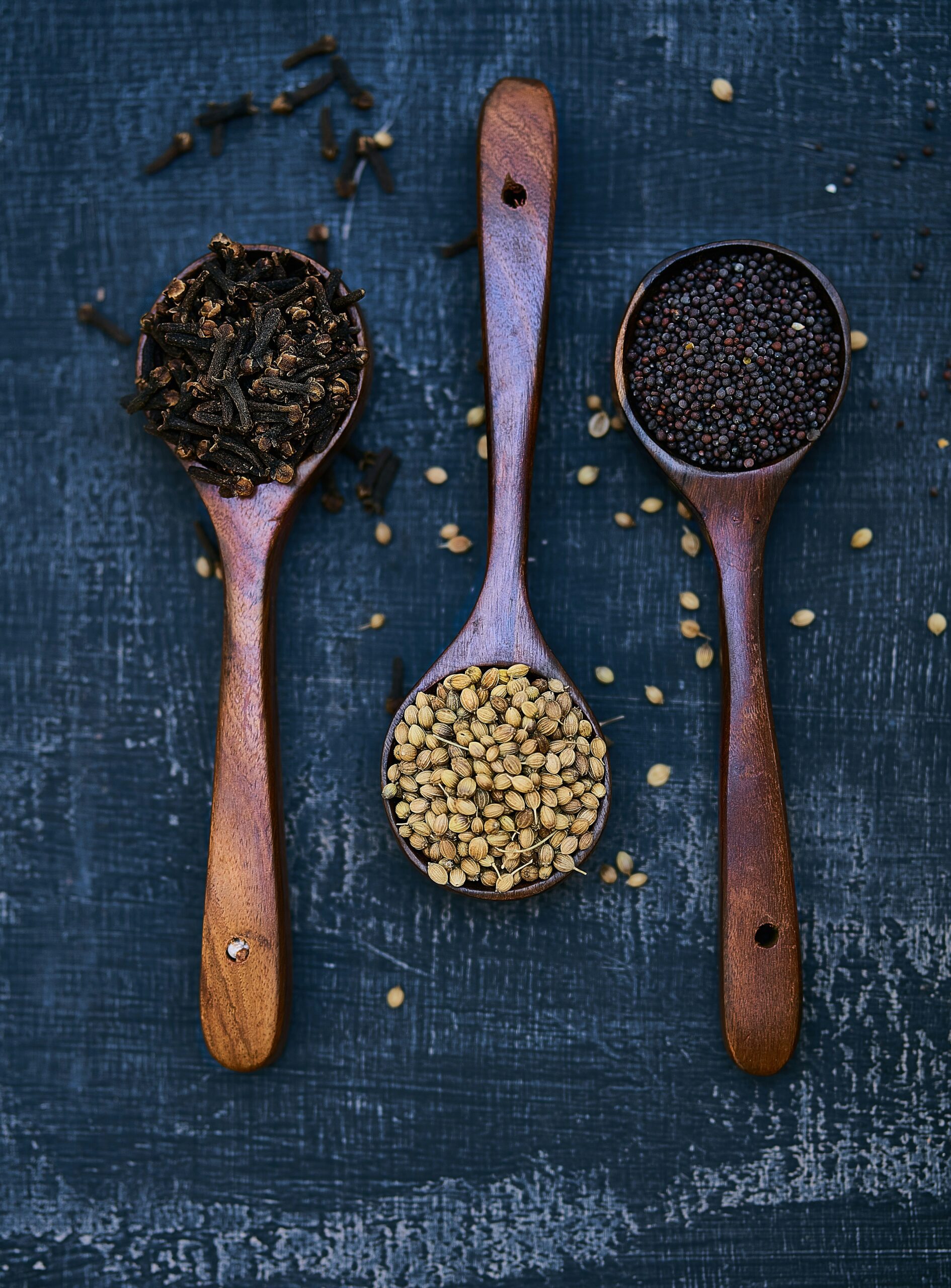

Introduction to the Journey of Food
Food is more than just fuel for our bodies; it’s a story waiting to be told. Every bite we take carries with it the essence of its journey, from the sun-soaked fields where ingredients are grown to the bustling kitchens where they transform into delicious meals. With an increasing focus on sustainability and sourcing, understanding this path has never been more essential.
Enter food bloggers—curators of culinary tales who shine a light on this fascinating journey. Through their lenses, we discover not only what’s on our plates but also how it arrived there. They weave together narratives that blend farming practices, community stories, and flavorful recipes. Let’s embark on this exploration and uncover just how interconnected our food systems really are!
The Role of Bloggers in Showcasing the Journey
Bloggers serve as modern-day storytellers, transforming the often-overlooked journey of food into engaging narratives. They capture every step, from planting seeds to harvesting crops.
Through their lenses, we witness the vibrant colors of fresh produce and the textures that make each ingredient unique. Their words breathe life into these moments, making us feel a connection with our meals.
Many bloggers also dive deep into local farms and artisanal producers. They reveal not just where our food comes from but who is behind it. These personal stories resonate with readers seeking authenticity in their diet choices.
Additionally, they educate audiences about sustainable practices and ethical sourcing. This knowledge empowers consumers to make informed decisions at grocery stores or farmers’ markets.
With compelling visuals and heartfelt writing, bloggers open our eyes to the intricacies surrounding food production. Their passion ignites conversations about what we eat and why it matters.
Farming Practices and their Impact on Food Quality
Farming practices play a crucial role in determining the quality of the food we consume. Organic methods, for instance, prioritize soil health and biodiversity. This leads to nutrient-rich produce that not only tastes better but also offers greater health benefits.
On the other hand, conventional farming often relies on synthetic fertilizers and pesticides. While this may increase yield in the short term, it can compromise flavor and nutritional value over time.
Sustainable practices like crop rotation and agroforestry enrich ecosystems. These methods support local wildlife while maintaining high-quality harvests.
Moreover, regenerative agriculture focuses on rebuilding organic matter in soils. The result? Fresh ingredients bursting with flavor that nourish both body and planet.
The choice of farming techniques is not just about productivity; it’s about cultivating a future where every bite tells a story of care for our land and health.
Uncovering Hidden Stories Through Photography and Writing
Every plate tells a story, but it takes a curious eye to uncover those narratives. Photography captures the essence of food in ways words sometimes can’t convey. A single image can evoke memories of sunlit fields or bustling markets.
Through writing, bloggers weave context around these visuals. They describe the textures and flavors while sharing insights about ingredients’ origins. This combination breathes life into the mundane.
Each dish has its own history shaped by people—farmers, chefs, and home cooks alike. By connecting with these individuals, bloggers reveal experiences that go beyond taste.
The use of storytelling not only engages readers but also fosters appreciation for culinary arts. It transforms simple recipes into profound journeys filled with culture and tradition. Through this lens, food becomes more than sustenance; it evolves into an exploration of our shared humanity.
Tips for Supporting a More Sustainable Food System
One of the simplest ways to support a sustainable food system is by choosing local produce. Seasonal fruits and vegetables not only taste better but also reduce the carbon footprint associated with transportation.
Consider joining a community-supported agriculture (CSA) program. This allows you to connect directly with farmers while receiving fresh, organic goods throughout the season.
Be mindful of your eating habits. Reducing meat consumption can have significant environmental benefits. Explore plant-based meals that are both delicious and nourishing.
Another important aspect is waste reduction. Composting food scraps not only decreases landfill waste but enriches soil for future crops.
Educate yourself on ethical brands and their practices. Supporting companies that prioritize sustainability over profit fosters positive change in the industry while encouraging others to follow suit.
Conclusion: Appreciating the Journey of Food Through Blogs
Appreciating the journey of food through blogs opens up a world of understanding. Readers gain insight into where their meals originate and the effort that goes into bringing them to the table. Bloggers play a crucial role by weaving together personal narratives, stunning visuals, and important facts about farming practices.
As consumers become more aware of sustainability, they can make better choices for themselves and the planet. Each post serves as a reminder that our food is not just sustenance; it carries stories from farmers, artisans, and communities worldwide.
Engaging with this content allows everyone to connect on a deeper level with what they eat. It fosters appreciation for flavors, traditions, and ultimately healthier living. By following bloggers dedicated to showcasing every step from farm to fork, we enrich our culinary experiences while supporting sustainable practices along the way.
